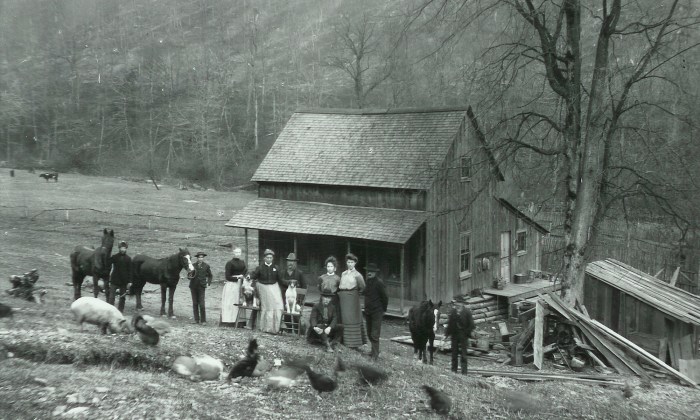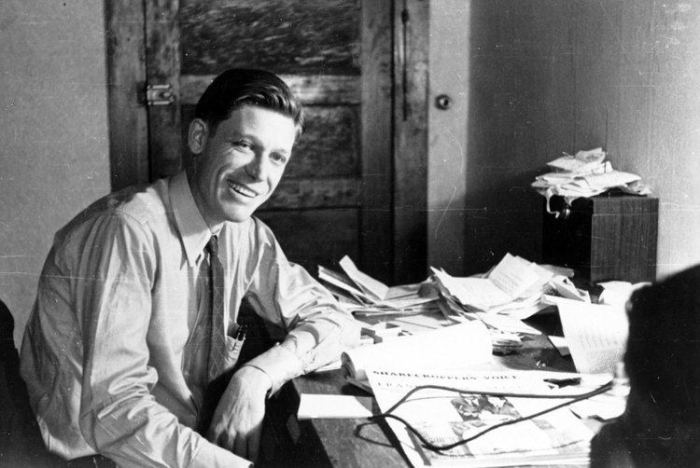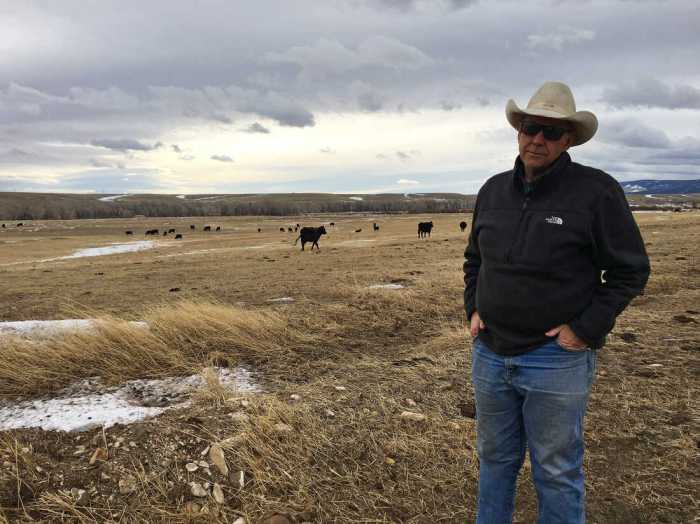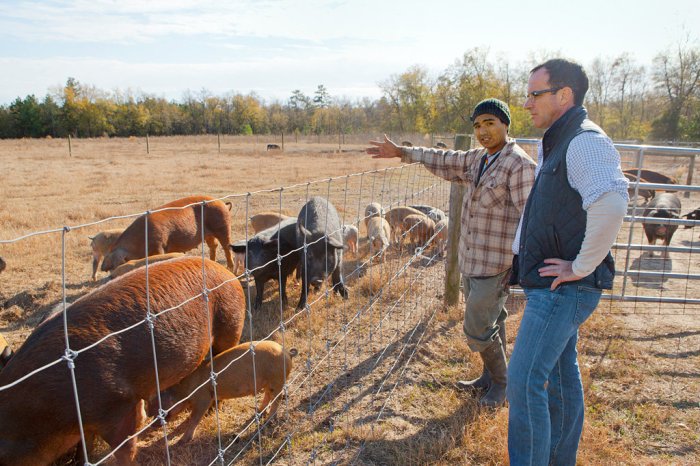Southern farmers in the backcountry played a pivotal role in the development of the United States. Their struggles, triumphs, and contributions shaped the nation’s economy, society, and culture. This comprehensive overview delves into the fascinating history, challenges, and legacy of these resilient pioneers.
From their initial settlement in the untamed wilderness to their impact on the American Revolution, southern farmers in the backcountry left an enduring mark on the country.
Historical Background
The settlement of the backcountry by southern farmers was a complex process that began in the early 18th century and continued until the mid-19th century. Several factors contributed to this migration, including the availability of cheap land, the desire for economic independence, and the search for religious freedom.
Factors Leading to Settlement
One of the most important factors that led to the settlement of the backcountry was the availability of cheap land. In the early 18th century, the British government began to grant large tracts of land to wealthy individuals and companies.
These landowners often sold their land to farmers at very low prices. As a result, many farmers were able to acquire large tracts of land for a fraction of the cost of land in the more settled areas of the South.
Another factor that contributed to the settlement of the backcountry was the desire for economic independence. Many farmers in the South were dissatisfied with the economic conditions in the more settled areas. They were often forced to rely on large landowners for credit and supplies.
In the backcountry, farmers could be more self-sufficient. They could grow their own food, raise their own livestock, and make their own clothing.
Finally, the search for religious freedom also played a role in the settlement of the backcountry. Many farmers in the South were Dissenters who did not conform to the established Church of England. In the backcountry, they could practice their own religion without fear of persecution.
Challenges Faced by Southern Farmers, Southern farmers in the backcountry
Southern farmers in the backcountry faced a number of challenges. One of the most serious challenges was the lack of infrastructure. There were few roads and bridges, and it was often difficult to get goods to market. As a result, farmers often had to rely on barter or sell their crops at very low prices.
Another challenge faced by southern farmers in the backcountry was the lack of security. The backcountry was a lawless region, and farmers were often subject to raids by Indians and outlaws. As a result, farmers had to be constantly on guard and often had to build stockades or forts for protection.
Despite the challenges, southern farmers in the backcountry persevered. They built a new life for themselves and their families, and they helped to shape the history of the United States.
Economic Activities

Southern farmers in the backcountry primarily engaged in agriculture, with a focus on subsistence farming. They cultivated crops such as corn, wheat, and tobacco, and raised livestock like cattle, hogs, and sheep. Agriculture was the backbone of the backcountry economy, providing sustenance for families and generating income through the sale of surplus produce.
Challenges in Marketing Products
Farmers in the backcountry faced significant challenges in marketing their products. Transportation was difficult and expensive, making it hard to reach distant markets. Poor roads and lack of reliable transportation limited farmers’ ability to access larger markets and get fair prices for their goods.
Additionally, competition from larger plantations and commercial farms in the coastal regions further hindered their marketing efforts.
Social Structure

The social structure of the backcountry was characterized by a strong sense of community and family. The family was the basic unit of society, and it played a vital role in the economic and social life of the backcountry.
The backcountry community was also very important. It provided a sense of belonging and support for its members. The community also played a role in regulating behavior and resolving disputes.
Role of the Family
The family was the most important social institution in the backcountry. It was the basic unit of economic production, and it provided for the physical and emotional needs of its members.
- The father was the head of the household, and he was responsible for providing for his family.
- The mother was responsible for raising the children and managing the household.
- The children were expected to help out with the family farm or business.
Importance of Community
The community was also very important in the backcountry. It provided a sense of belonging and support for its members. The community also played a role in regulating behavior and resolving disputes.
- The community was often centered around a church or schoolhouse.
- The community also organized social events, such as dances and picnics.
- The community provided support for its members in times of need, such as during illness or death.
Political and Legal Issues
Southern farmers in the backcountry faced a variety of political and legal issues. These included:
- Lack of representation:Backcountry farmers were often underrepresented in local and state governments. This made it difficult for them to have their voices heard and to protect their interests.
- Unfair taxation:Backcountry farmers were often taxed more heavily than farmers in more developed areas. This was due in part to the fact that backcountry farmers were less likely to be able to pay taxes.
- Lack of access to justice:Backcountry farmers often had difficulty accessing the justice system. This was due to the fact that courthouses were often located far from backcountry settlements.
Role of Local Government
Local government played an important role in the lives of backcountry farmers. Local governments provided a variety of services, including:
- Maintaining roads and bridges:Local governments were responsible for maintaining roads and bridges, which were essential for farmers to transport their goods to market.
- Providing law enforcement:Local governments provided law enforcement, which was necessary to protect farmers from crime.
- Providing education:Local governments provided education, which was essential for farmers to improve their lives.
Relationship with the Outside World
Backcountry farmers had a complex relationship with the outside world. They were dependent on the outside world for goods and services, but they were also wary of the outside world’s influence.
- Dependence on the outside world:Backcountry farmers were dependent on the outside world for a variety of goods and services, including:
- Manufactured goods
- Food
- Education
- Wary of the outside world’s influence:Backcountry farmers were wary of the outside world’s influence. They feared that the outside world would corrupt their way of life.
Cultural Traditions

Southern farmers in the backcountry developed a unique culture shaped by their isolation and self-reliance. They preserved many traditions from their European ancestors while also adapting to the challenges of frontier life.Religion played a central role in backcountry culture. Most farmers were devout Christians, and religious services were often the only social gatherings outside of work.
Churches provided a sense of community and support, and they played an important role in educating the backcountry population.Music and storytelling were also important forms of entertainment and cultural expression in the backcountry. Farmers often gathered in the evenings to sing, play instruments, and tell stories.
These traditions helped to pass down the history and culture of the backcountry from one generation to the next.
Religion
The majority of backcountry farmers were Protestant Christians, with Baptists and Methodists being the most common denominations. Religious beliefs played a significant role in their daily lives, providing comfort and guidance in the face of adversity.
Music and Storytelling
Music and storytelling were integral to backcountry culture, serving as forms of entertainment, education, and community bonding. Farmers often gathered for “frolics” or “play parties,” where they would sing, dance, and tell stories. These gatherings fostered a sense of belonging and preserved the region’s cultural heritage.
Impact on American History

Southern farmers in the backcountry played a pivotal role in shaping American history. Their unique experiences and perspectives influenced the course of the American Revolution and left a lasting legacy on the nation.
Role in the American Revolution
The backcountry farmers were instrumental in the American Revolution. Their frontier lifestyle fostered a spirit of independence and self-reliance, making them receptive to revolutionary ideas. Many backcountry farmers joined the Continental Army and fought bravely against the British.
- Greeneville Militia:Raised by General Nathanael Greene, this militia played a significant role in the Battle of Cowpens, a turning point in the Southern campaign.
- Overmountain Men:A group of frontiersmen from Tennessee and North Carolina, they participated in the Battle of Kings Mountain, a decisive victory for the Patriots.
Popular Questions: Southern Farmers In The Backcountry
What were the primary economic activities of southern farmers in the backcountry?
Agriculture, particularly the cultivation of cash crops such as tobacco and cotton, was the backbone of the backcountry economy.
What challenges did southern farmers face in marketing their products?
Transportation and infrastructure limitations, as well as competition from coastal markets, posed significant challenges for farmers in selling their goods.